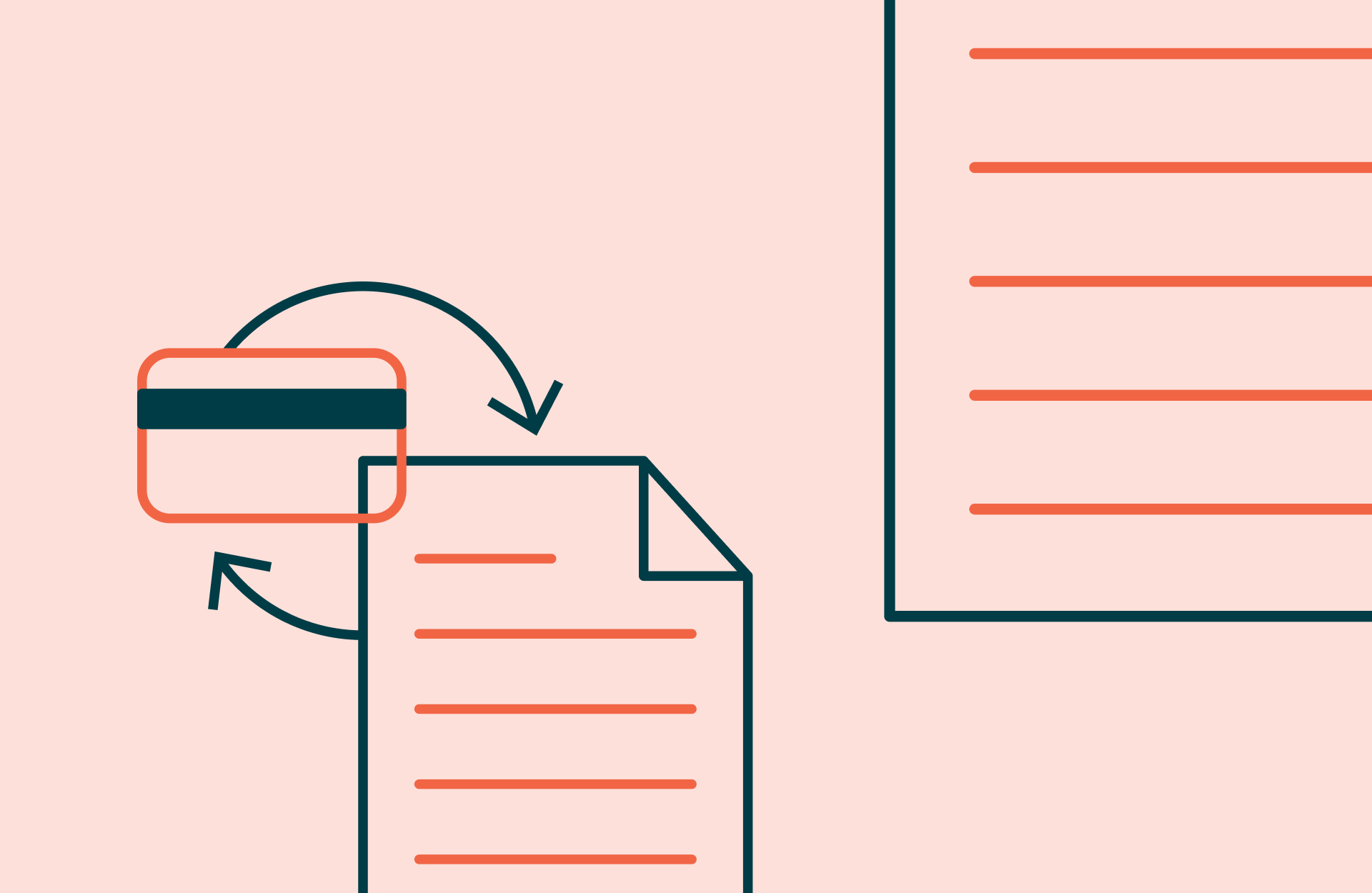Contract cheating occurs when students engage a third party to complete an assignment, which they then represent as their own work (Lancaster & Clarke, 2016). It can occur when someone other than the student—whether an essay mill, friend, or even a family member— completes an assignment on their behalf. Downloading a paper from a “free” essay site is also contract cheating.
Contract cheating can be done as a “favor” with no exchange of money. Or it can involve trade-in-kind, like when a student swaps papers with another student.
Contract cheating is generally defined as a more purposeful act of academic misconduct, because, most egregiously, students can contact essay mills to write an essay on their behalf in exchange for money.
How does it manifest in student work?Like many forms of academic misconduct, stressed students without a deep understanding of academic integrity are vulnerable to contract cheating. When students fall behind in school work, they may ask for help from a friend or family member who, with the intention of helping, may write the paper for the student. While powered by good intentions, this is a form of academic misconduct.
Essay mills market themselves to students on social media and other venues via “bots” by offering “help” at the eleventh hour. Essay mill marketing tactics leverage such ambiguity in ostentatious ways. “Our essays are plagiarism-free,” they often tout. While technically true (they are, after all, often written from scratch and not plagiarized), the mills don’t make clear that even if the essay is void of plagiarism, contract cheating itself is academic dishonesty.
Essays written by essay mills likely do not “sound” like the student’s work, or may show a marked difference in tone or voice. They may also contain florid language without much in the way of deep content or analysis. Additionally, they may not even answer the provided question or prompt.
How does it impact academic integrity?When students aren’t doing their own work and instead have someone else complete their assignments, they’re not learning the material. Students who turn to contract cheating because they’re struggling and stressed aren’t closing learning gaps; in turn, educators aren’t enabling accurate feedback loops to support learning outcomes.
Contract cheating is, simply put, a dismissal of the learning process. Not only does it undermine learning, contract cheating erodes learning environments, damages student-teacher relationships, jeopardizes the academic reputations of students, faculty, and institutions, and indicates future workplace dishonesty (ICAI, 2021).
Ways to mitigate contract cheatingInstitutions and faculty can play a critical role in preventing contract cheating from occurring.
Build awareness and an understanding of contract cheating. When there is silence around contract cheating, the cost of contract cheating may appear low to students. Research has shown that “more than 50% of students would outsource their work if the reward, perhaps in the form of higher marks or passing an assessment they would otherwise have failed, was relatively high and the cost relatively low” (Lancaster, 2020).
Bottom line: building a deep understanding of academic integrity and helping students understand contract cheating as a form of dishonesty prevents future misconduct
When students have a sophisticated understanding of academic integrity, plagiarism, and contract cheating and how they relate to each other, they are also less apt to fall prey to essay mills that normalize contract cheating and position their services as “help.”
Assign formative low-stakes assessments and enable feedback loops, so students feel seen and supported throughout the learning process. In-class assignments provide a baseline assessment against which to compare future assessments. Additionally, making the writing process more transparent mitigates third-party interference—or makes it more obvious. Accelerate feedback loops with Feedback Studio and Gradescope to allow for more visibility and data insights throughout the student learning process.
What about detection when prevention tactics fail? Turnitin Originality surfaces contract cheating insights and evidence for instructors and administrators. Forensics linguistics, too, can be utilized by individual instructors to check for contract cheating. “Training and decision support are key to determine contract cheating,” according to Olumide Popoola in his International Center for Academic Integrity panel entitled Detecting Contract Cheating Using Investigative Linguistics.
Popoola showed that forensic linguistics can help identify contract cheating, but concluded by saying that assessment design is the best way to mitigate contract cheating and enable later detection. Assessments that focus on unique classroom discussion and course content deter contract cheating because third parties do not have access to that information.
Contract cheating is real and occurring throughout the world and in many classrooms of many institutions; to that end, countries are enacting legislation to ban essay mills and make contract cheating illegal.
For instance, contract cheating scandalized sixteen Australian universities in 2014 when it became known that up to one thousand students utilized MyMaster to ghostwrite essays. As a result, Australia passed legislation to make contract cheating illegal in 2019. Contract cheating in New Zealand is illegal, too.
After more than 20,000 UK university students were found buying essays in 2017, the House of Lords called for a ban on contract cheating. Essay mills are now outlawed in the UK.
The United States has yet to enact a federal law “[forbidding] the purchase or sale of academic papers,” according to a 2019 New York Times article on contract cheating that further states, “Contract cheating is illegal in 17 states.”
There is a lot of work to be done and also being done—within classrooms and in government. The first step, as always, is building awareness.





